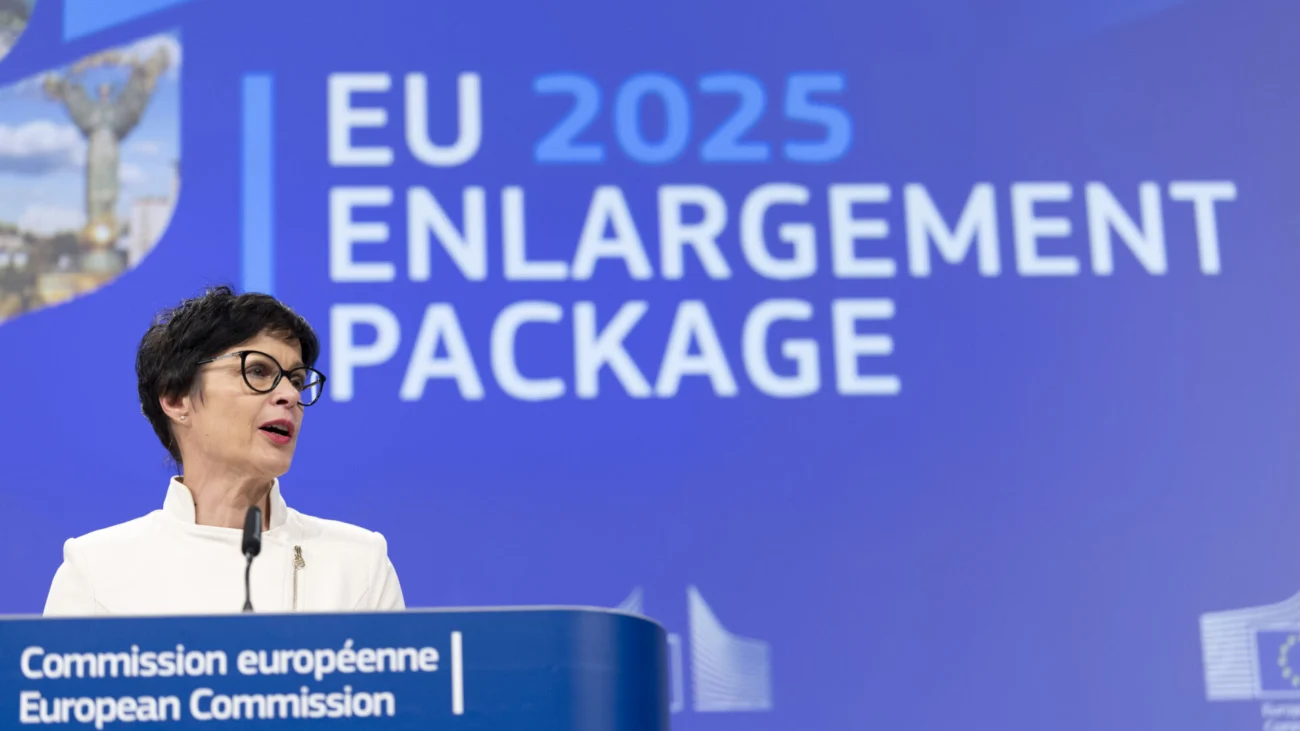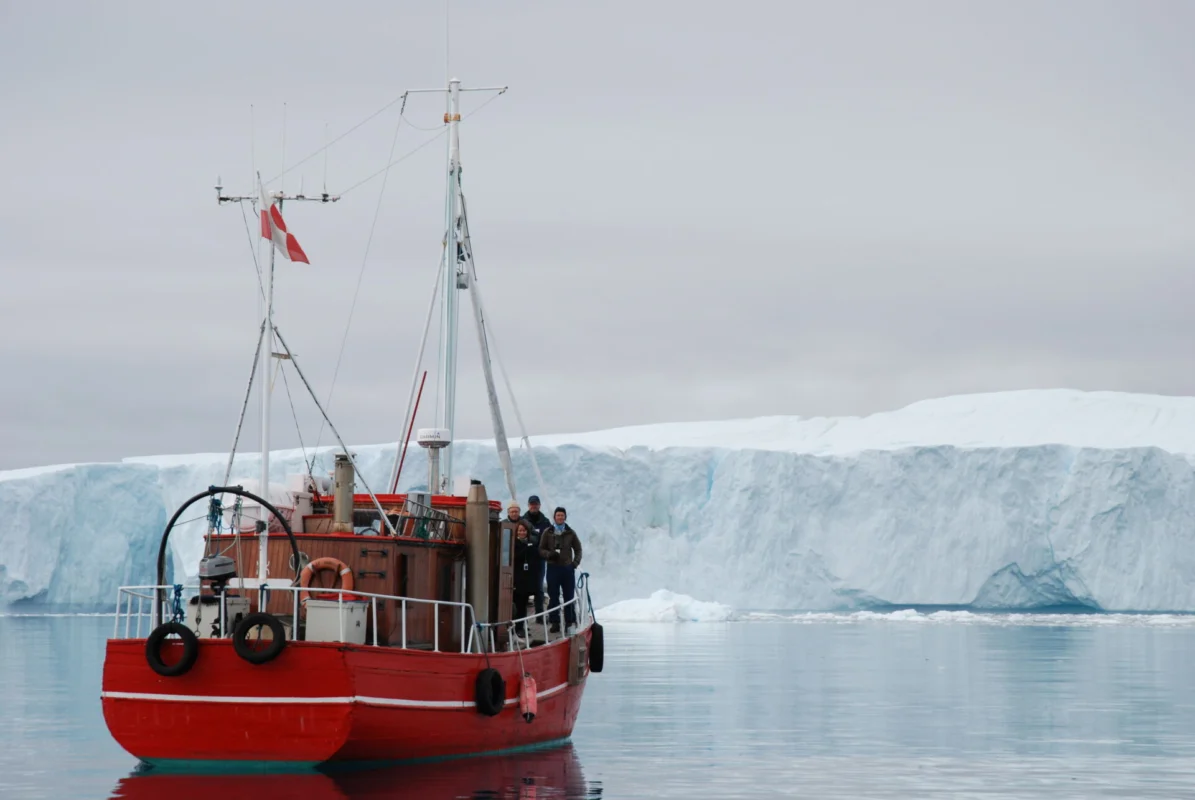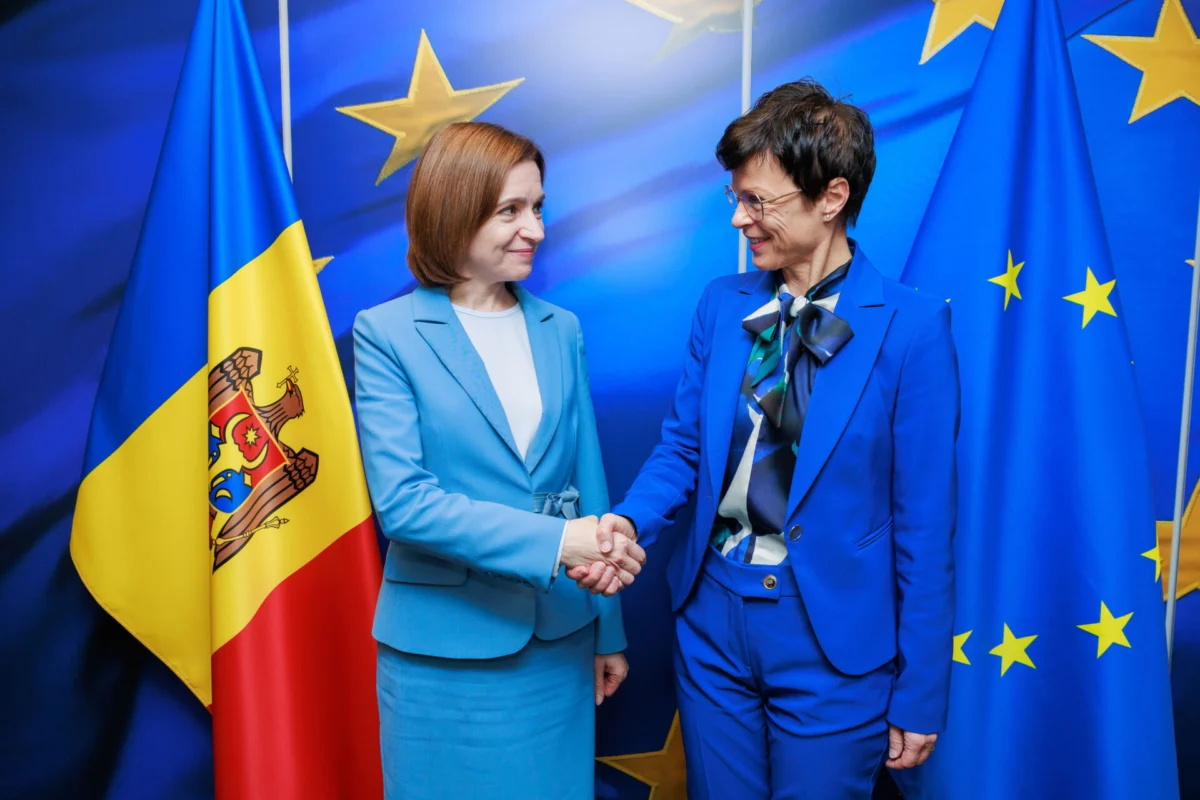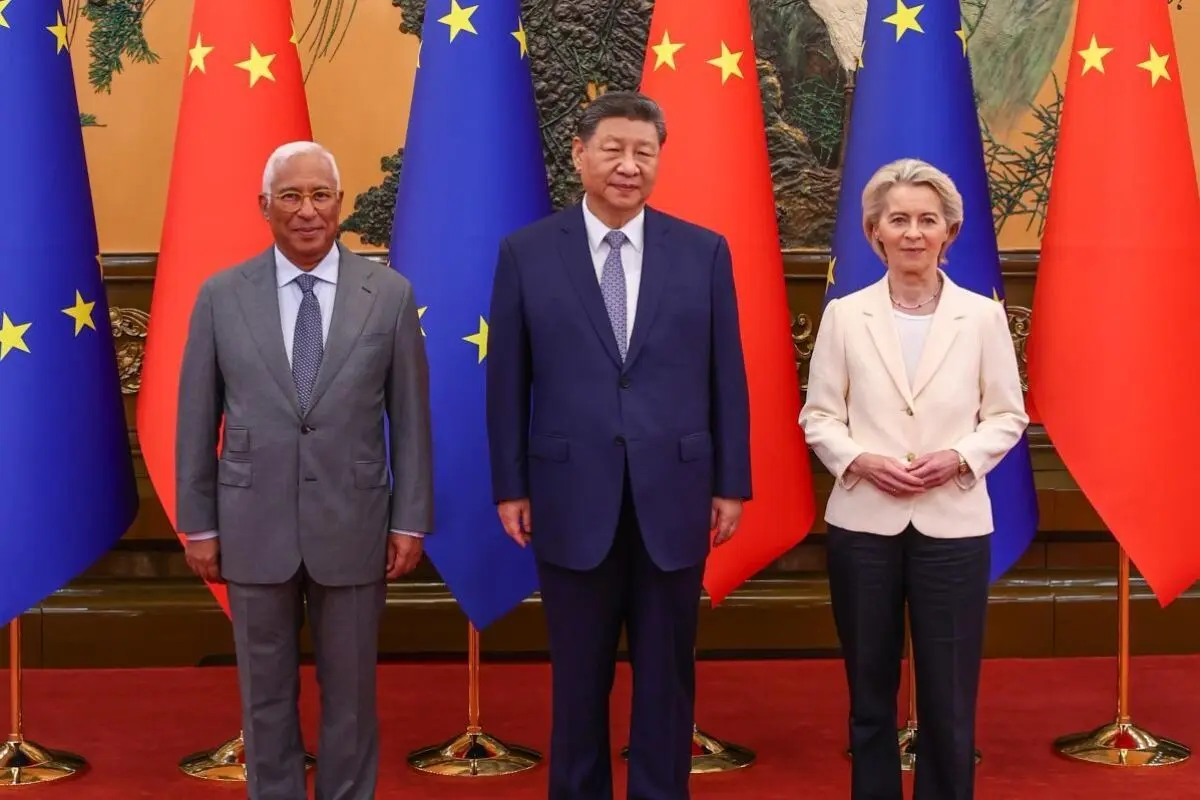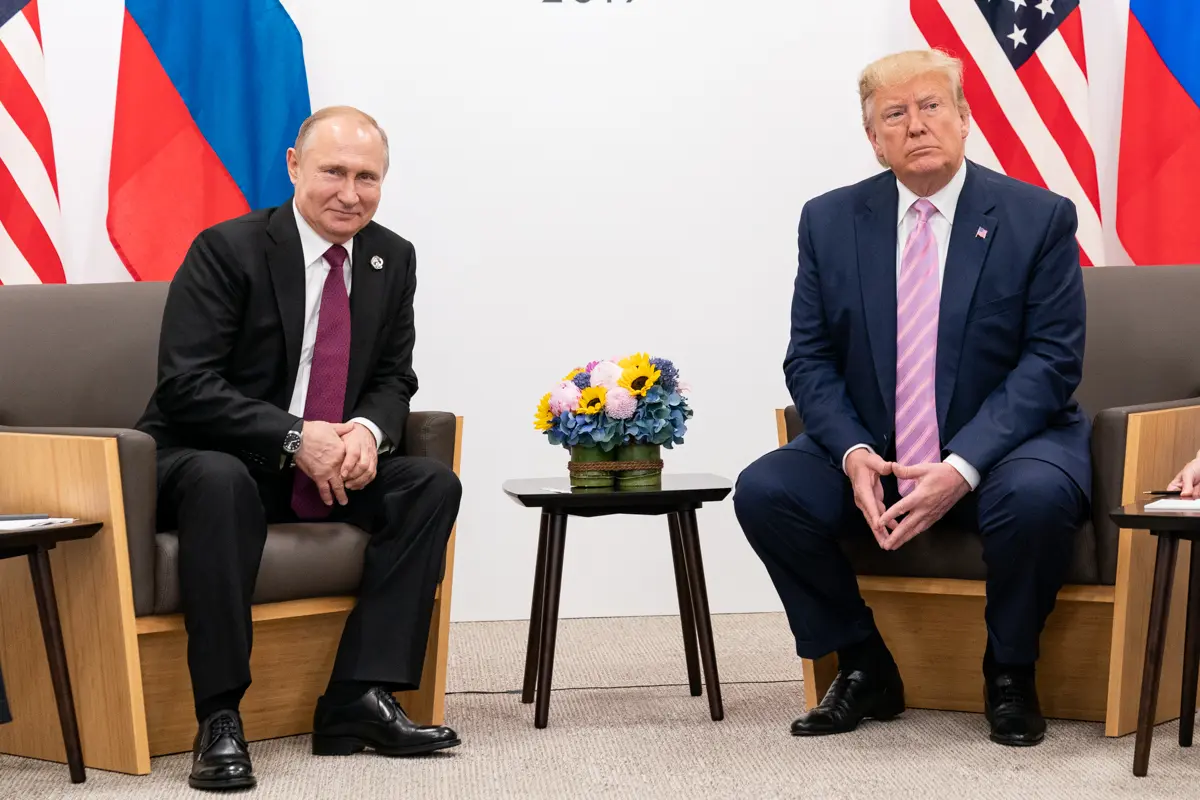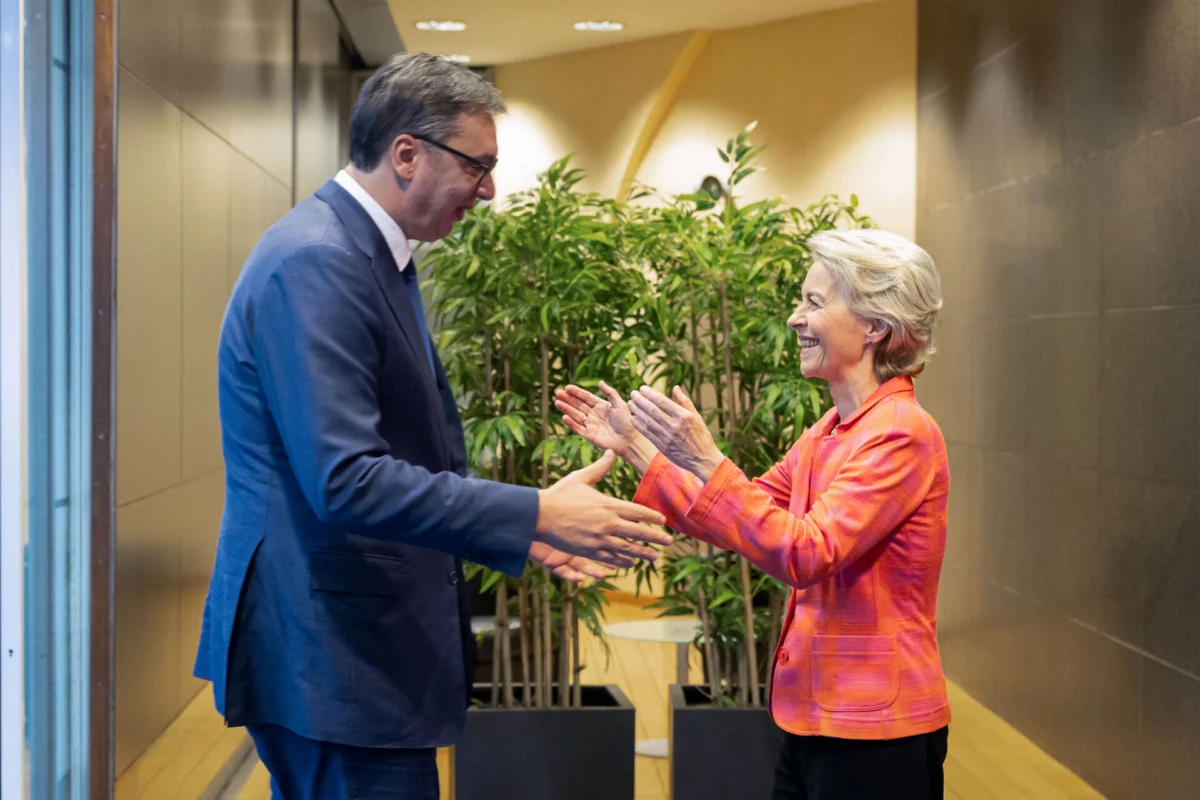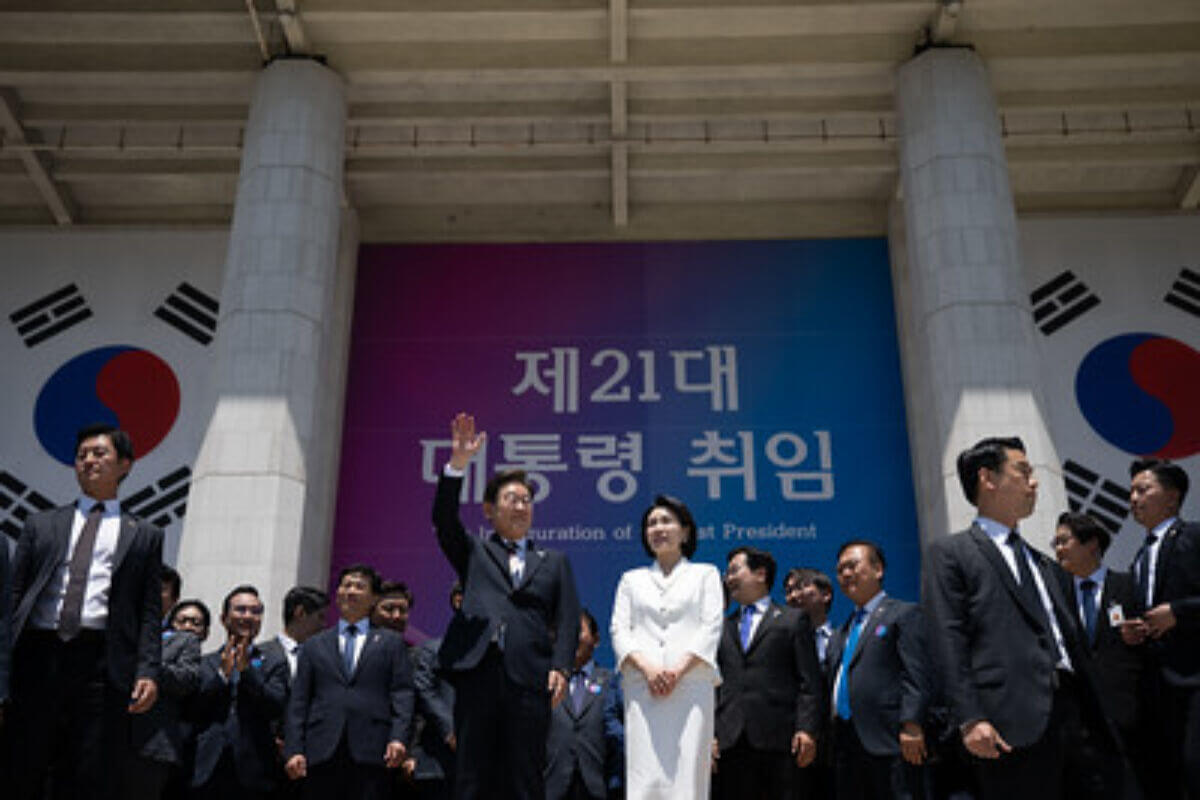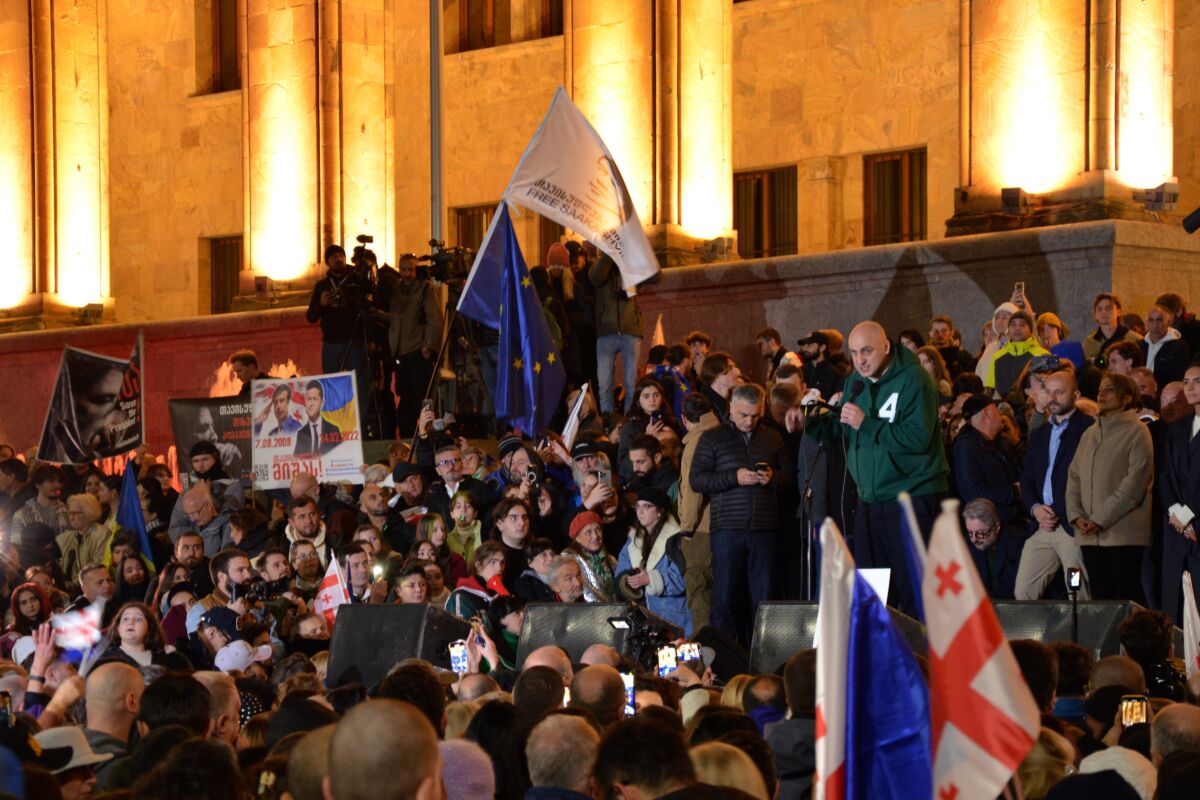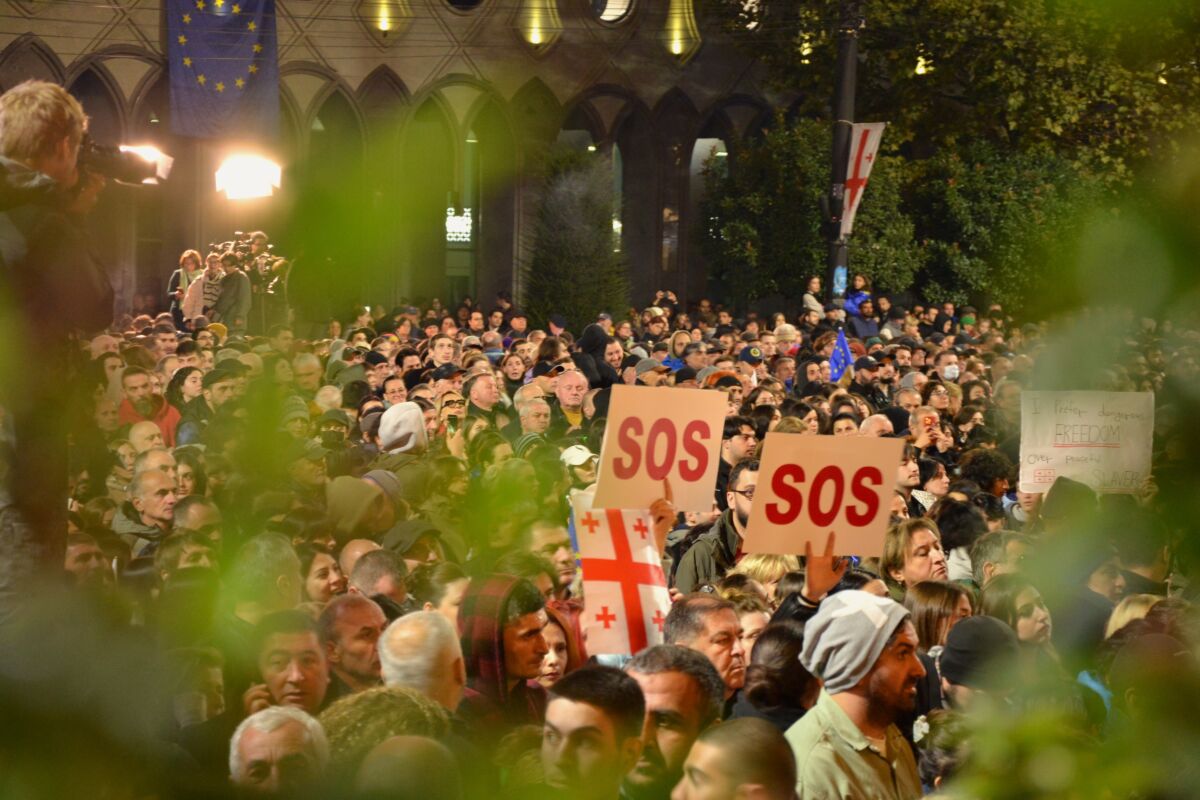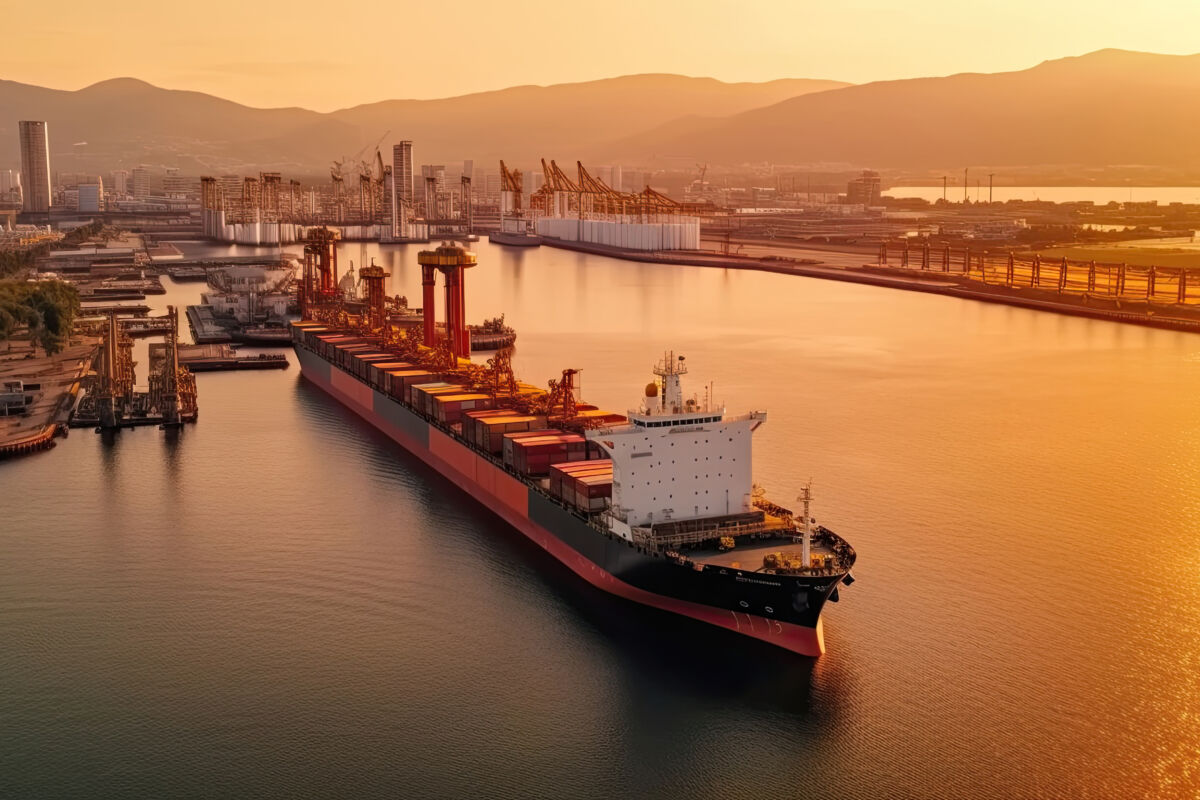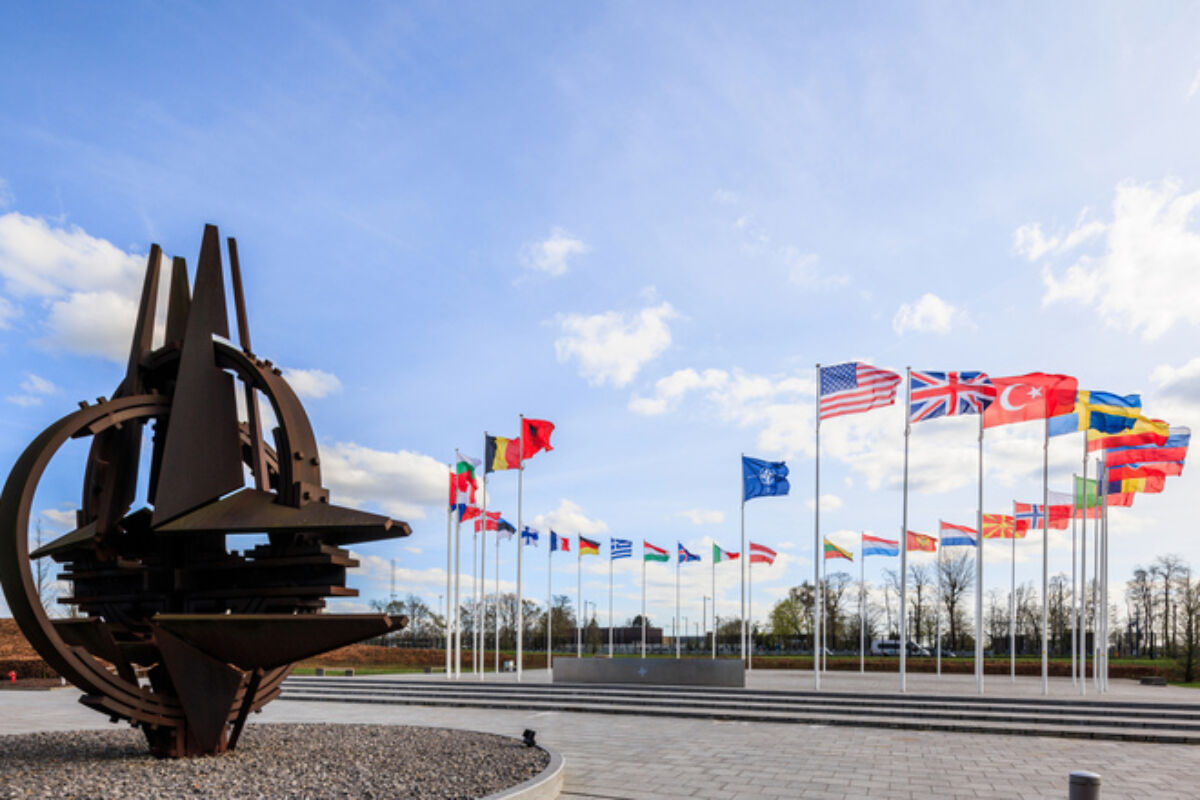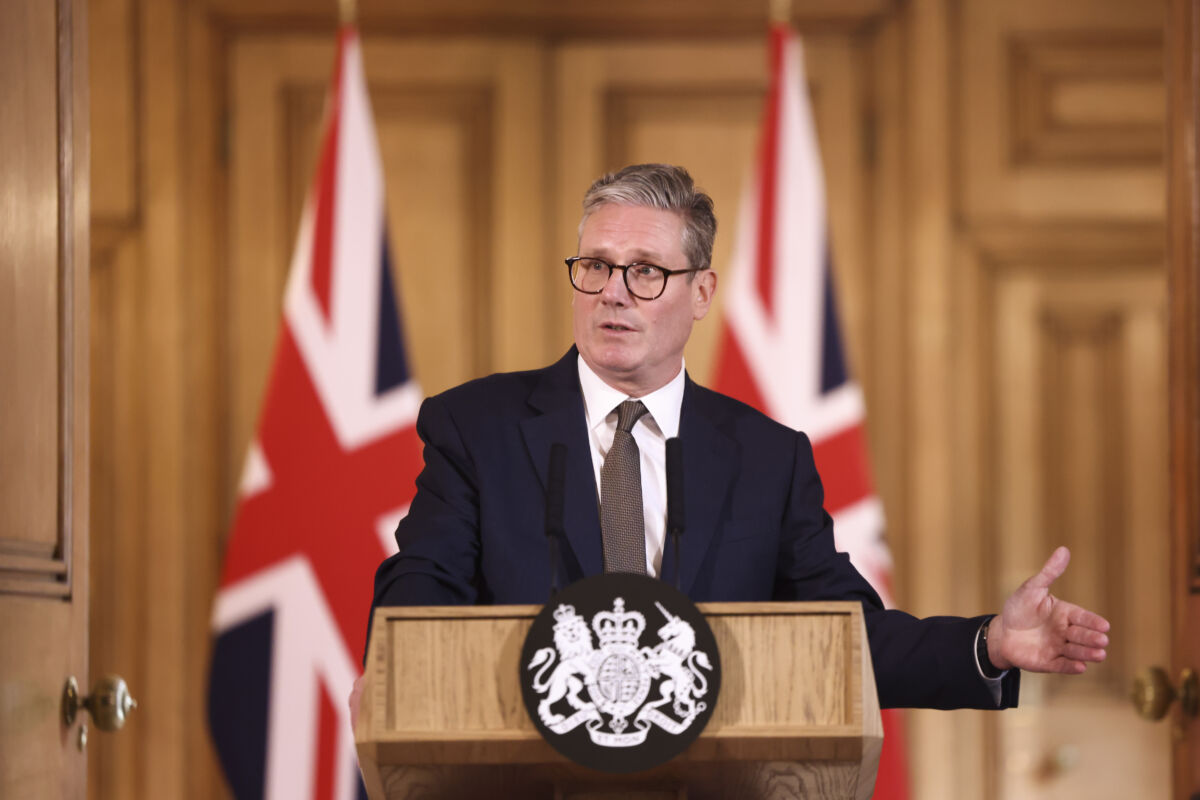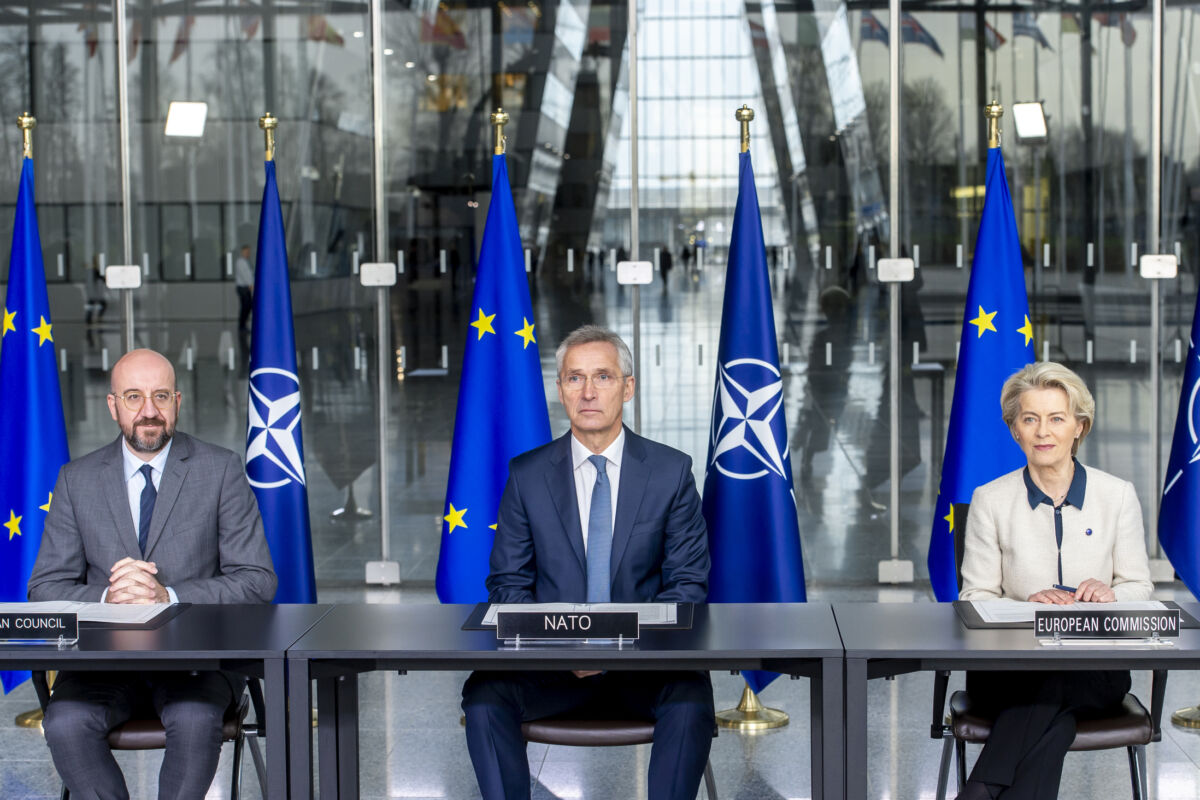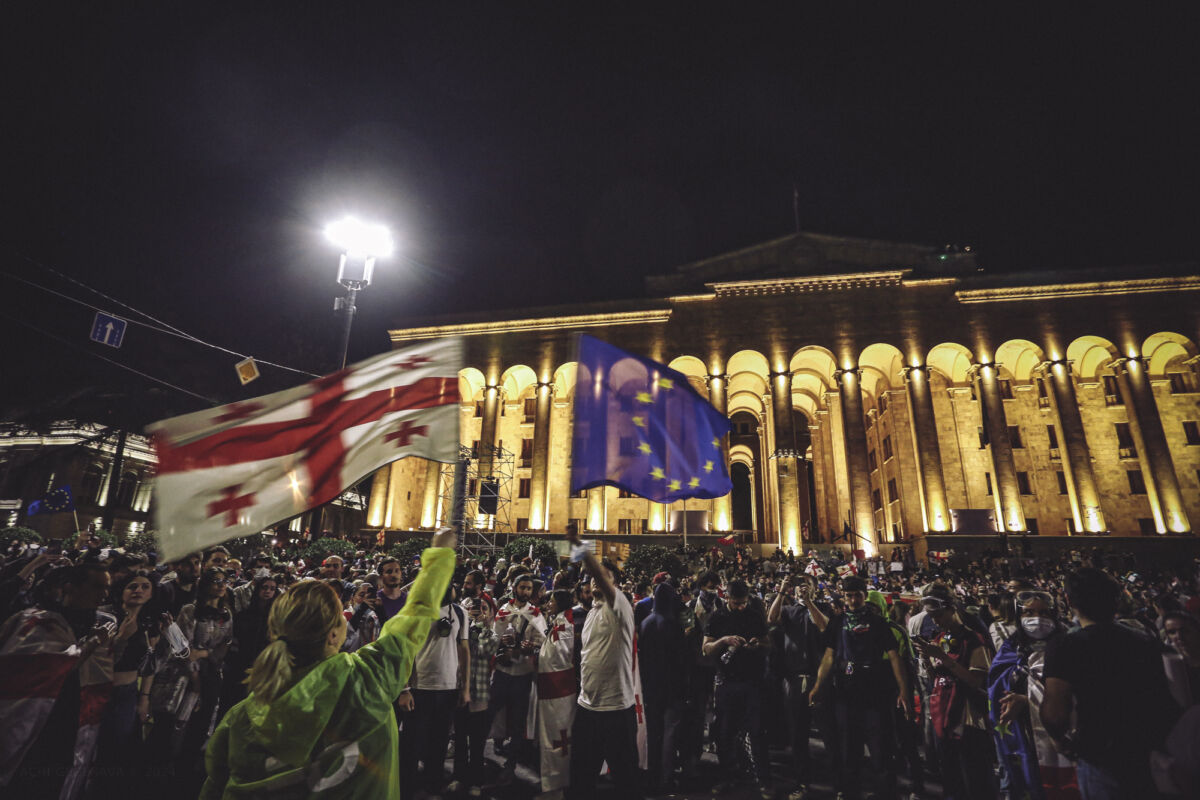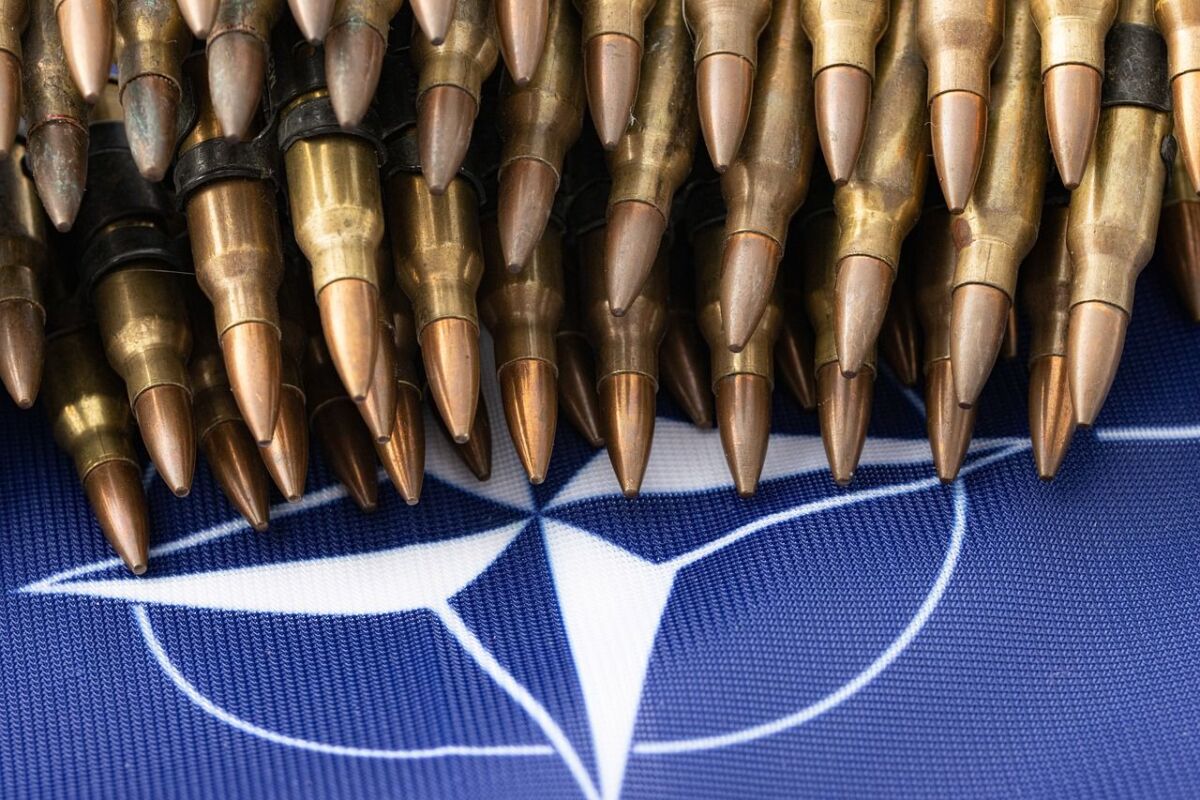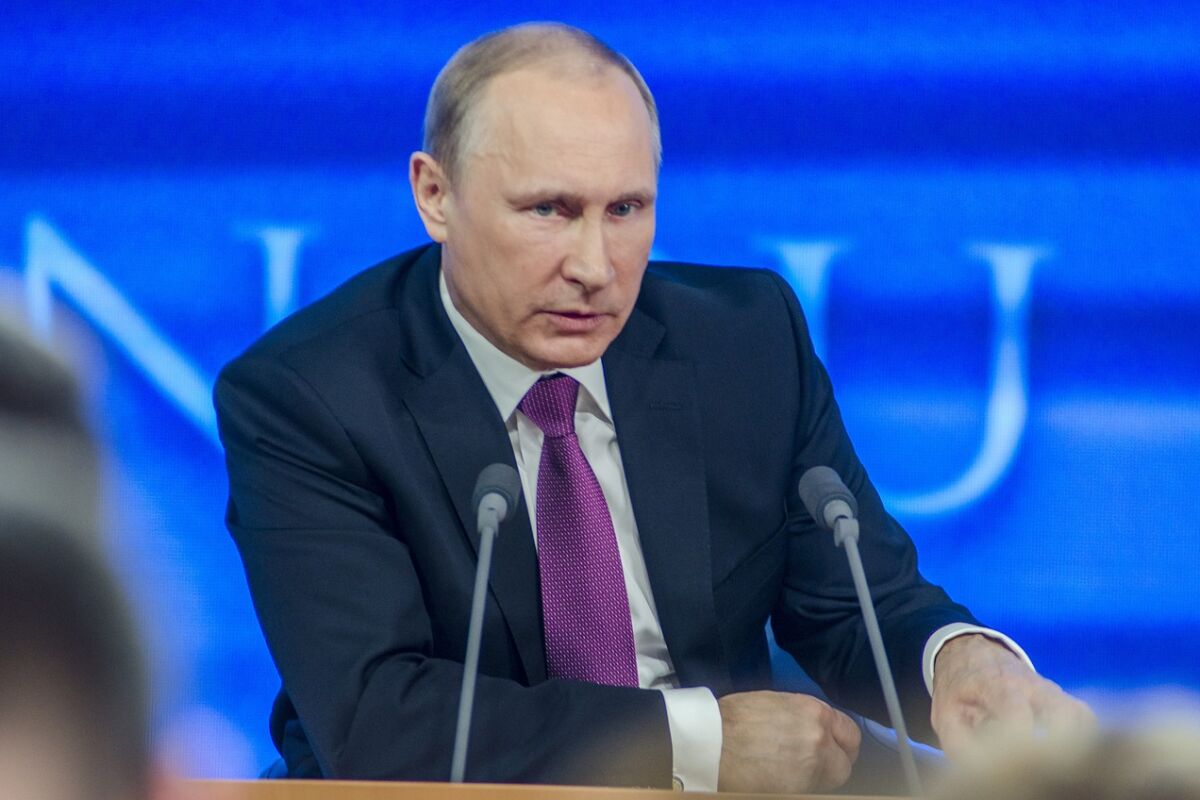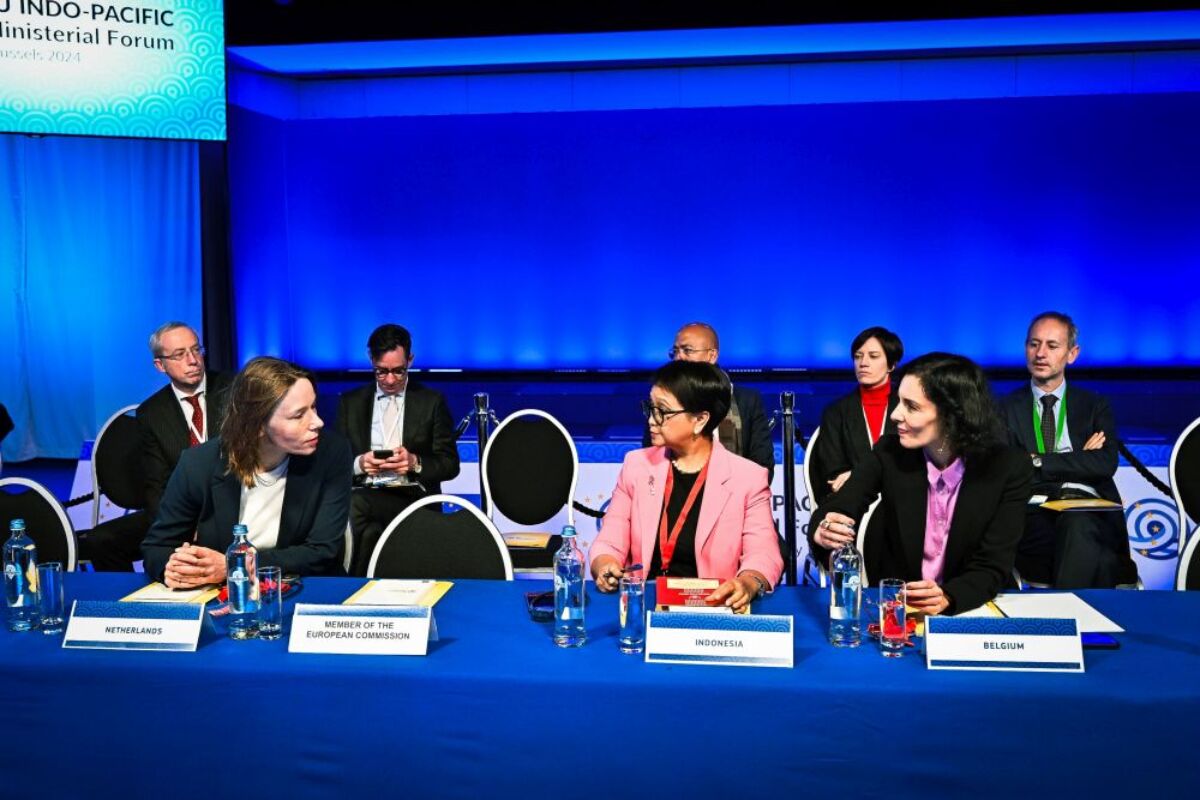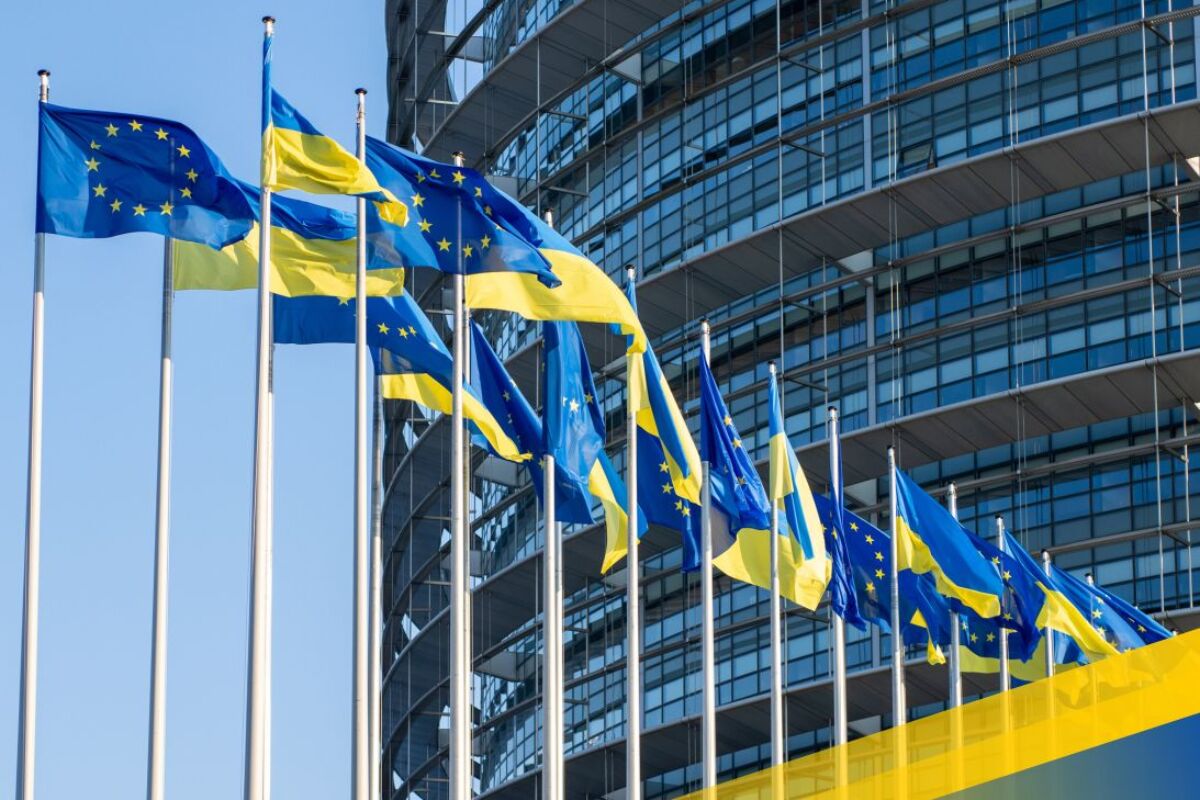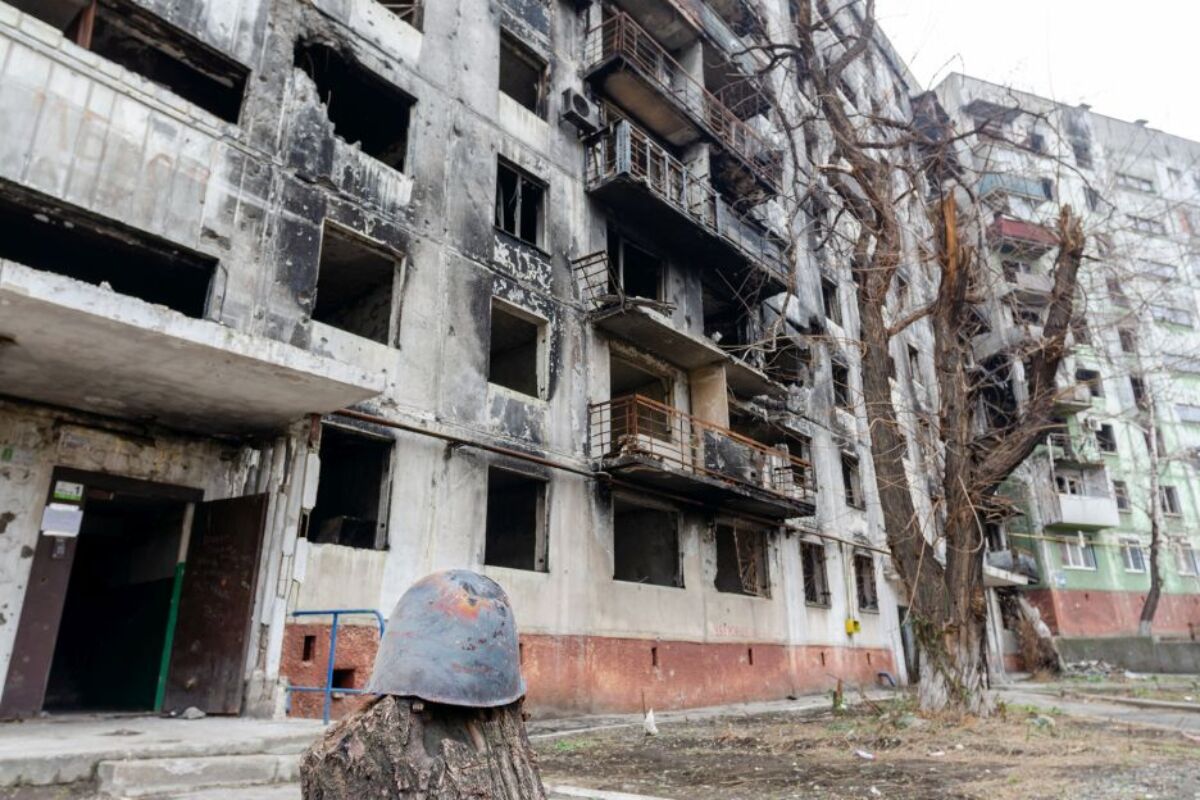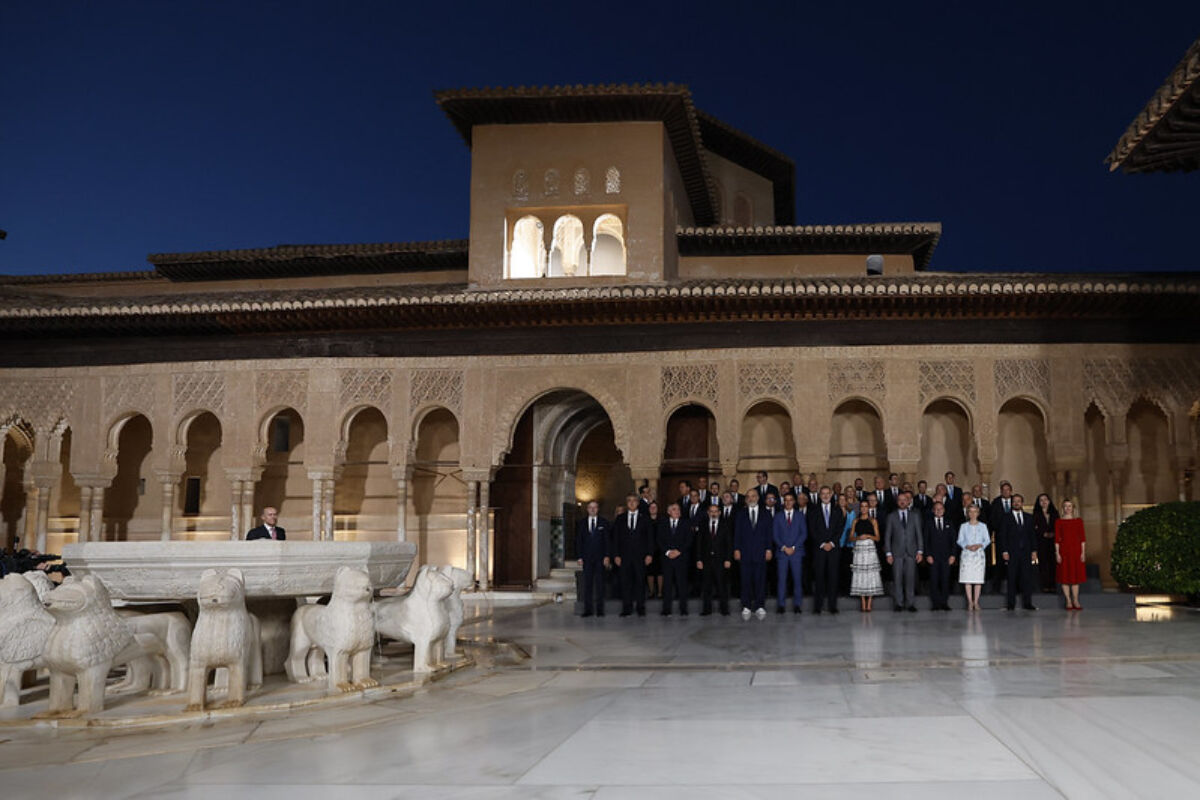The EU’s new enlargement package puts geopolitics firmly at the centre – and rightly so. Russia’s full-scale invasion of Ukraine jolted enlargement out of a decade-long slumber and turned it into a core European security imperative. The European Commission also frames enlargement as a source of prosperity, drawing a straight line between past accession rounds and today’s stronger, safer EU. With these messages, the new enlargement package strikes the right tone – in timing and political intent – but they will only matter if the EU shows the resolve to turn momentum into action.
Ambitious yet achievable?
The new package outlines the front runners. In the Western Balkans, the European Commission deems Montenegro and Albania to be capable of closing accession negotiations by 2026 and 2027 respectively, if the momentum holds.
On the eastern flank, the Commission supports Ukraine and Moldova’s target of wrapping up talks by 2028. While the Commission has recommended opening the negotiation clusters, Hungary’s veto keeps both Ukraine and Moldova stuck – a reminder that one Member State can effectively stall the entire process. Montenegro, Albania and Moldova are small enough for ‘absorption capacity’ to barely register. But Ukraine is the odd one out – its sheer size and wartime realities make its accession politically heavier and a likely trigger for vetoes from more than just the familiar holdout.
Beyond the frontrunners
Among the rest of the Western Balkan countries, Serbia remains the most advanced in accession negotiations, but the latest report is clear: the reform effort is falling short. Mass protests over corruption, accountability failures, police brutality, and pressure on civil society all appear in the report. Yet if EU ‘meritocracy’ is to mean anything, Brussels can’t keep avoiding enforceable consequences. If Serbian President Aleksandar Vučić is still greeted warmly in Brussels, while also attending Putin’s Victory Day Parade and meeting Xi with increasing enthusiasm, why should he change course?
North Macedonia remains hostage to Bulgaria’s demands for constitutional changes, as the North Macedonian government refuses to proceed without guarantees that this will be Sofia’s final request. Meanwhile, limited, or in some areas no progress on key EU fundamentals continues to hamper the country’s accession process. Bosnia and Herzegovina struggles with institutional dysfunction and sluggish reforms. Meanwhile, the Commission recognises Kosovo’s commitment and strong public support for its European path and stands ready to prepare an Opinion on Kosovo’s membership application. But this needs a request from the Council – which is unlikely as five Member States still don’t officially recognise Kosovo. A post-election political gridlock, combined with the challenge of implementing the 2023 Agreement on the Path to Normalisation of Relations with Serbia as well as lingering EU restrictive measures, further slow Kosovo’s progress.
Turkey, whose accession talks have been frozen since 2018, remains more of a strategic partner – in a ‘phased, proportionate, and reversible manner’ – than as a candidate country.
Georgia appears to be even further away and is the last on the list after Türkiye, ‘a candidate in name only’. As Enlargement Commissioner Marta Kos puts it, Georgia received the harshest assessment ever issued in an enlargement report. The language is strong, yet Brussels still lacks a strategy or action plan on how to engage with the country. By disengaging with Georgia, which is already becoming visible now, the EU risks gifting a win to a government that has been seeking exactly that: freedom from Brussels’ demands while steering Georgia away from the European path.
Strict, fair, and merit-based?
The new enlargement package repeats the EU’s old mantra: accession must be strict, fair, and merit-based.
Central to the package is gradual integration, with tangible benefits before full membership. That includes full implementation of the agreements the EU already has with its candidate countries: ever deeper access to the single market, ‘roam-like-at-home’, inclusion in the Single European Payment Area, extension of the EU’s transport networks and energy community, and integration into industrial and digital value chains. Regional cooperation, with the Common Regional Market in the Western Balkans and through the new Black Sea strategy, strengthen these ties.
While making these tangible benefits a reality involves a lot of technical work, political will is what really drives progress. Ukraine and Moldova’s synchronisation with European electricity grid (ENTSO-E) and ‘solidarity lanes’ shows how fast things can materialise when there’s strong political will. Still, even if advancing faster, gradual integration remains a complement for full EU membership, not a substitute.
The EU’s own homework
The EU can’t preach reforms while delaying its own. Institutional readiness, decision-making efficiency, and credible tools against democratic backsliding remain under slow-motion construction. This is why pre-enlargement policy reviews and work to anchor enlargement in the next Multiannual Financial Framework (2028–34) as a ‘geostrategic priority’, must be delivered as soon as possible.
The new package also hints at how the Commission intends to curb backsliding after accession by strengthening safeguards in accession treaties. That’s a pragmatic step, but it’s only meaningful if countries actually make it to the accession treaty stage in the first place.
However, the absence of any strategy for handling Member Sates vetoes remains a glaring gap in the new enlargement package. Hungary’s veto on Ukraine’s accession – and by extension on Moldova’s, as the two are coupled in the process – is only the latest example, and it’s hardly surprising after two decades of stalled Western Balkan files.
Kos has hinted at continuing technical work on chapters without formally opening them, but the package provides no real roadmap on how the process could avoid being frozen by a single veto. Without such a plan, frustration will only deepen in Kyiv, Chisinau, and across the Western Balkans.
EU’s credibility test
Underneath its technocratic language, the new package rightly frames enlargement as a ‘political priority and geopolitical investment’. The country reports provide a fair and comprehensive overview of the progress, or lack thereof, made by the EU’s hopefuls. What’s missing is the procedural backbone to match the ambition: a roadmap for navigating vetoes, and parallel EU reforms for bolstering absorption capacity and guarding against democratic backsliding after accession.
Until Brussels proves it’s up to the task, the credibility of enlargement – and Europe’s ability to turn strategy into security – will remain at risk.

